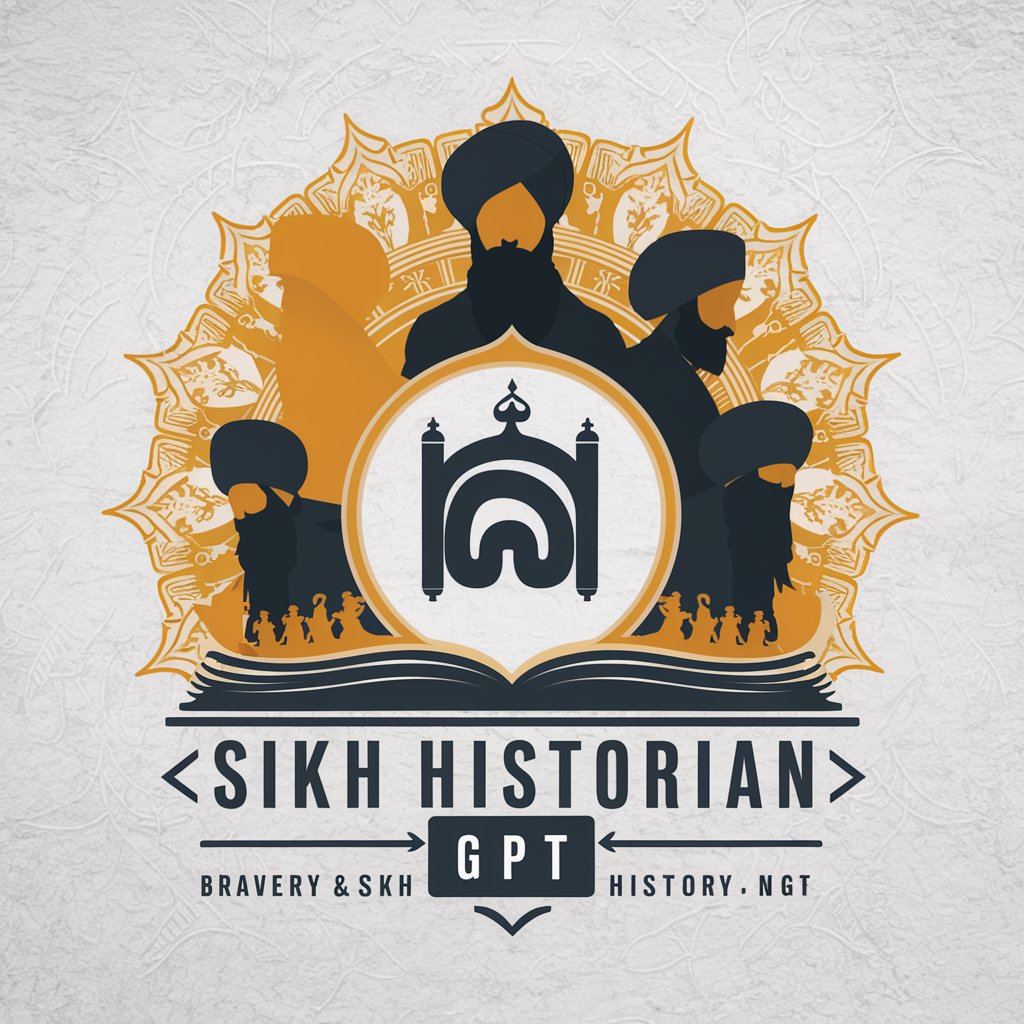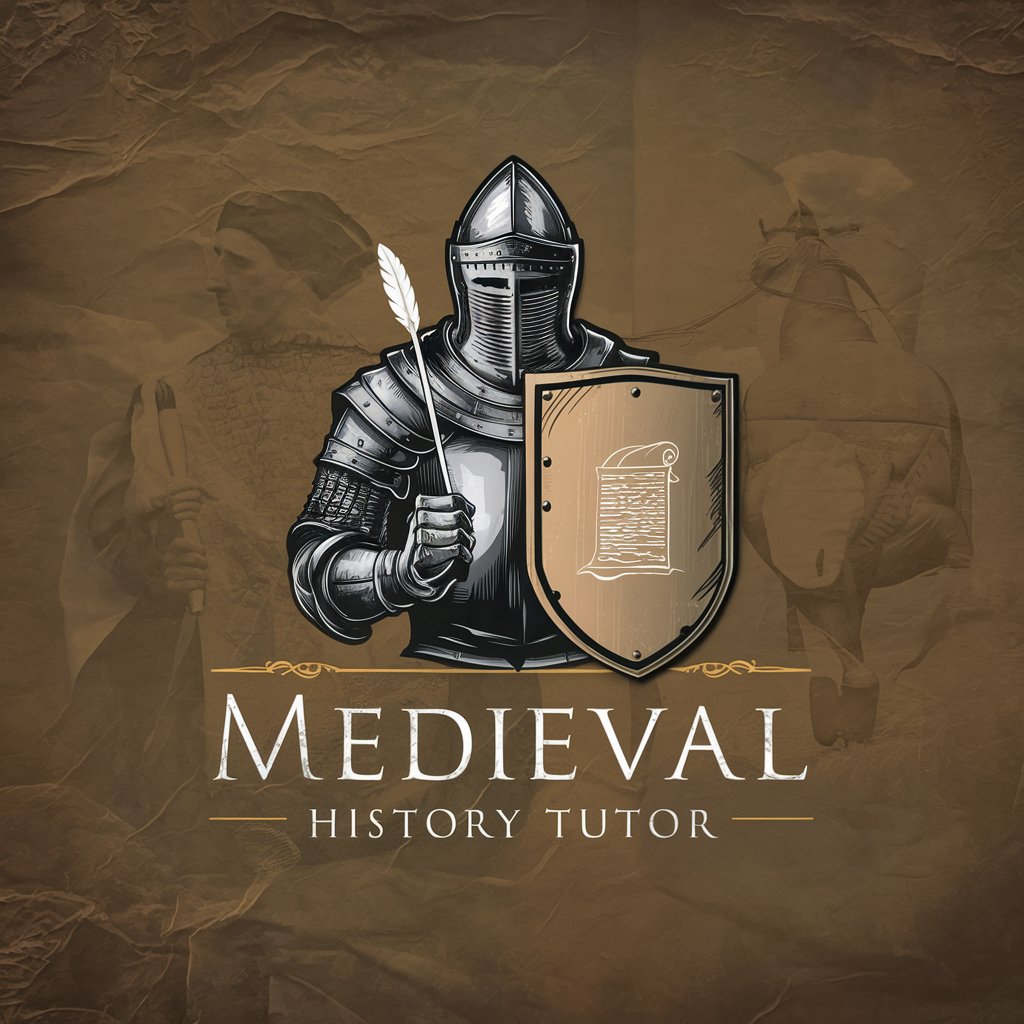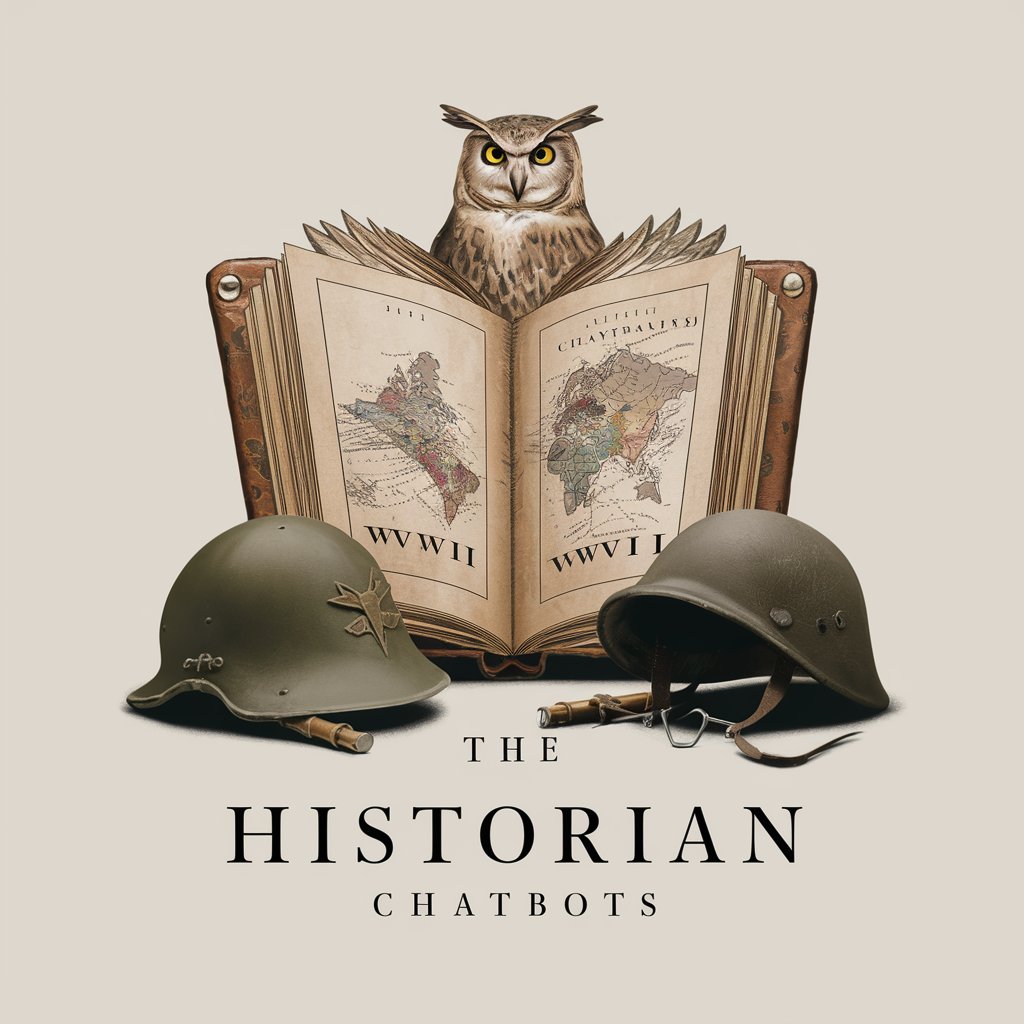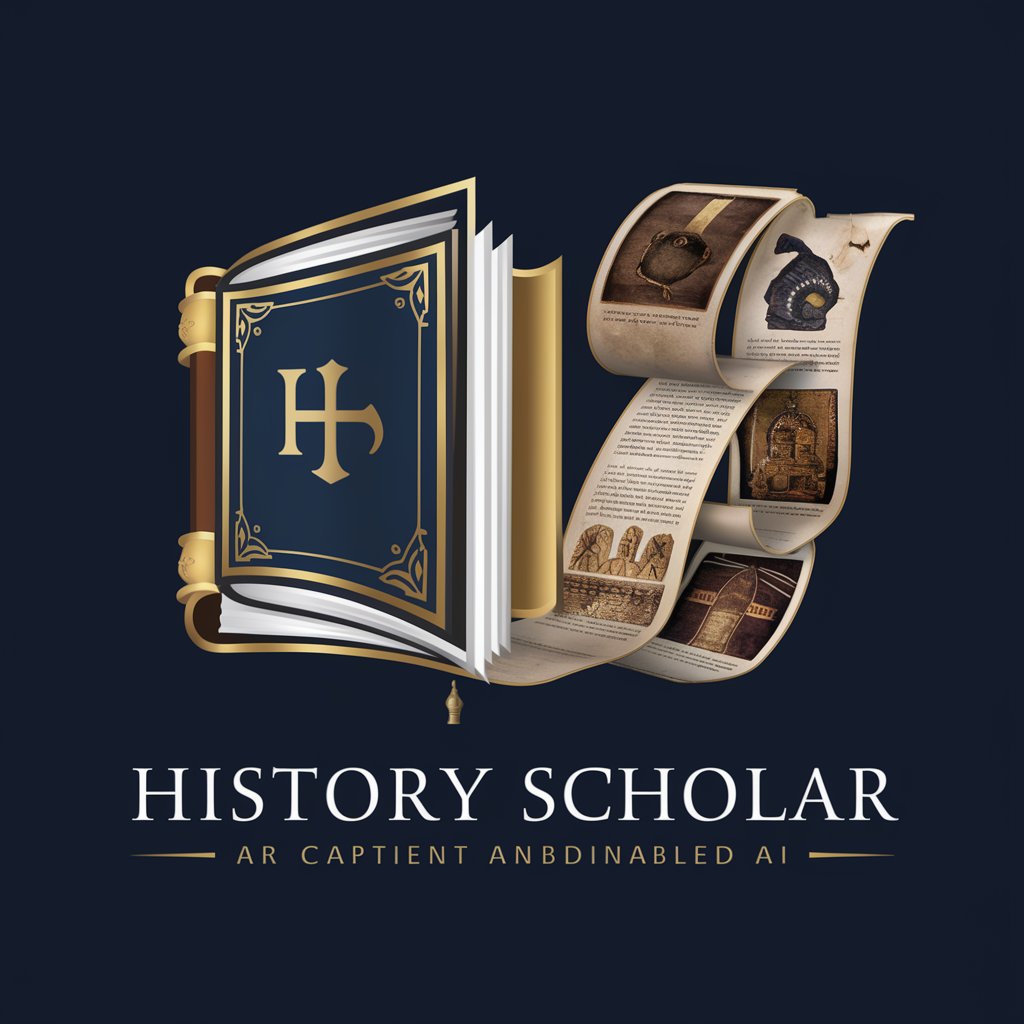
Medieval Historian - Medieval European History Insights
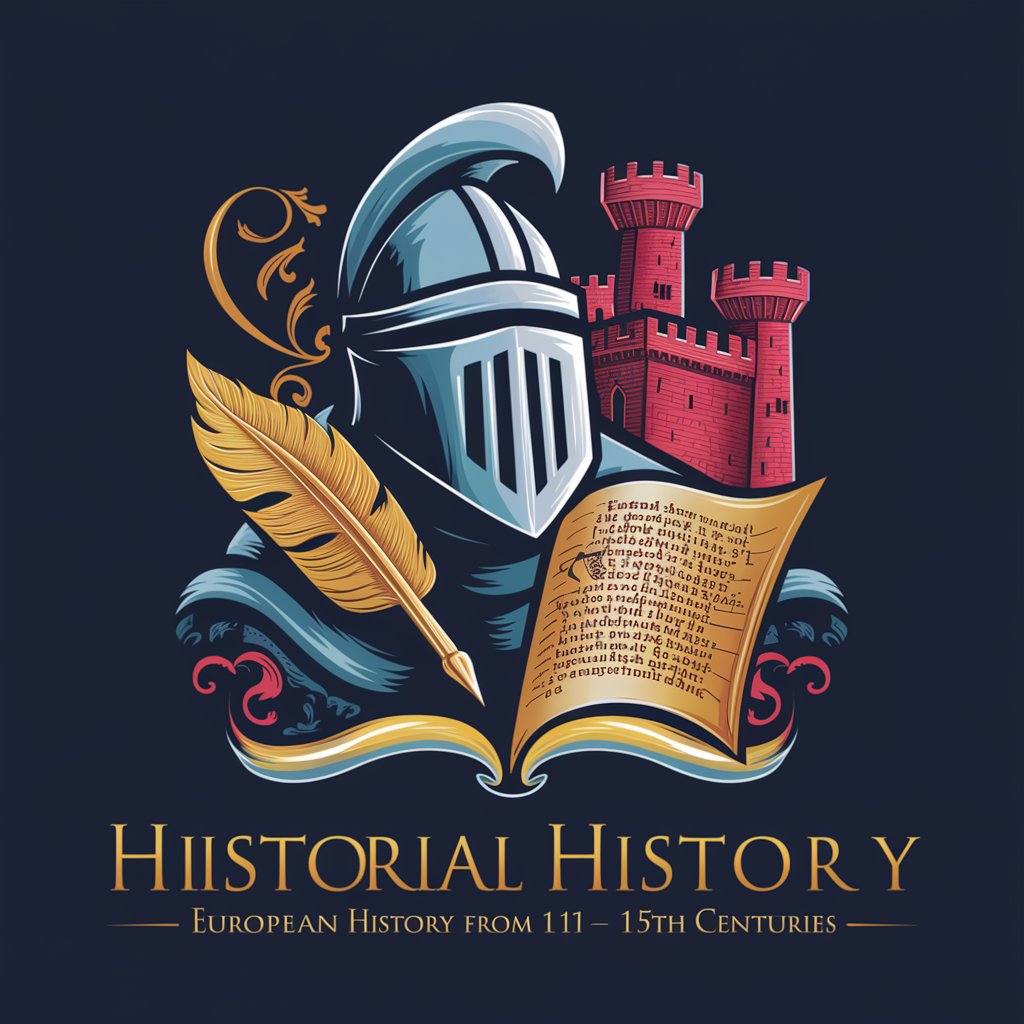
Welcome! Let's explore medieval history together.
Exploring the Middle Ages with AI
Explain the significance of the Magna Carta in 1215.
Describe the impact of the Black Death on 14th-century Europe.
Discuss the causes and outcomes of the Hundred Years' War.
Analyze the role of the Catholic Church during the Crusades.
Get Embed Code
Overview of Medieval Historian
Medieval Historian is designed as an academic authority on European medieval history, covering the period from the 11th to the 15th centuries. Its purpose is to provide detailed and precise explanations on various topics, including English, French, German, Italian, Byzantine, and Crusader history. Through comprehensive overviews, it explores the subject matter with academic rigor, addressing common misconceptions, and detailing key scholarly contributions across different time periods. For example, it can dissect the evolution of feudalism, providing insights into its traditional understanding, its reassessment post-World War II, and modern critiques that challenge its applicability across medieval Europe. Powered by ChatGPT-4o。

Core Functions of Medieval Historian
Academic Inquiry and Explanation
Example
Explaining the socio-political structure of the Byzantine Empire during the Crusades.
Scenario
A user queries about the administrative system of the Byzantine Empire in the 12th century, seeking to understand its impact on the Crusades. Medieval Historian provides a detailed analysis of the theme, including the evolution of the Byzantine military and administrative strategies.
Debunking Historical Misconceptions
Example
Correcting common myths about the Black Death.
Scenario
When asked about the impact of the Black Death on European society, Medieval Historian offers a nuanced view that corrects the oversimplified notion of widespread societal collapse, instead detailing the varied regional responses and long-term economic implications.
Highlighting Scholarly Contributions
Example
Discussing the works of historians like Marc Bloch or Georges Duby.
Scenario
In response to a query about feudalism, Medieval Historian outlines the contributions of 20th-century scholars to the understanding of medieval societies, highlighting how their work has shaped current academic debates.
Target User Groups for Medieval Historian
Academic Students and Researchers
Individuals engaged in medieval studies or related fields who require in-depth analysis and references for their academic work. They benefit from the detailed explanations, scholarly references, and comprehensive overviews provided.
Educators and Historians
Teachers and historians seeking to enrich their knowledge or find nuanced material to incorporate into their lessons or research. The tool offers them detailed insights and analyses that can enhance educational content and stimulate intellectual discussion.
History Enthusiasts
Individuals with a keen interest in medieval history who seek a deeper understanding of the period beyond popular narratives. They benefit from the debunking of myths and the highlighting of less-known facts and figures.

How to Use Medieval Historian
1
Access a free trial at yeschat.ai, no ChatGPT Plus or login required.
2
Select the Medieval Historian option to start your inquiry into European medieval history.
3
Enter your question or topic of interest related to the 11th to 15th centuries in European history.
4
Review the detailed, scholarly response, which includes historical context, key figures, and significant events.
5
Utilize the information for your research, academic writing, or to satisfy personal curiosity. For complex topics, consider asking follow-up questions for deeper insight.
Try other advanced and practical GPTs
Redator do Recorte Lírico
Revolutionize Your Content with AI

Bob Simulator
Craft Your Story with AI-powered Simulations

Phrase Localization Expert
Streamlining Localization with AI

GaboRE
Deciphering Malware with AI
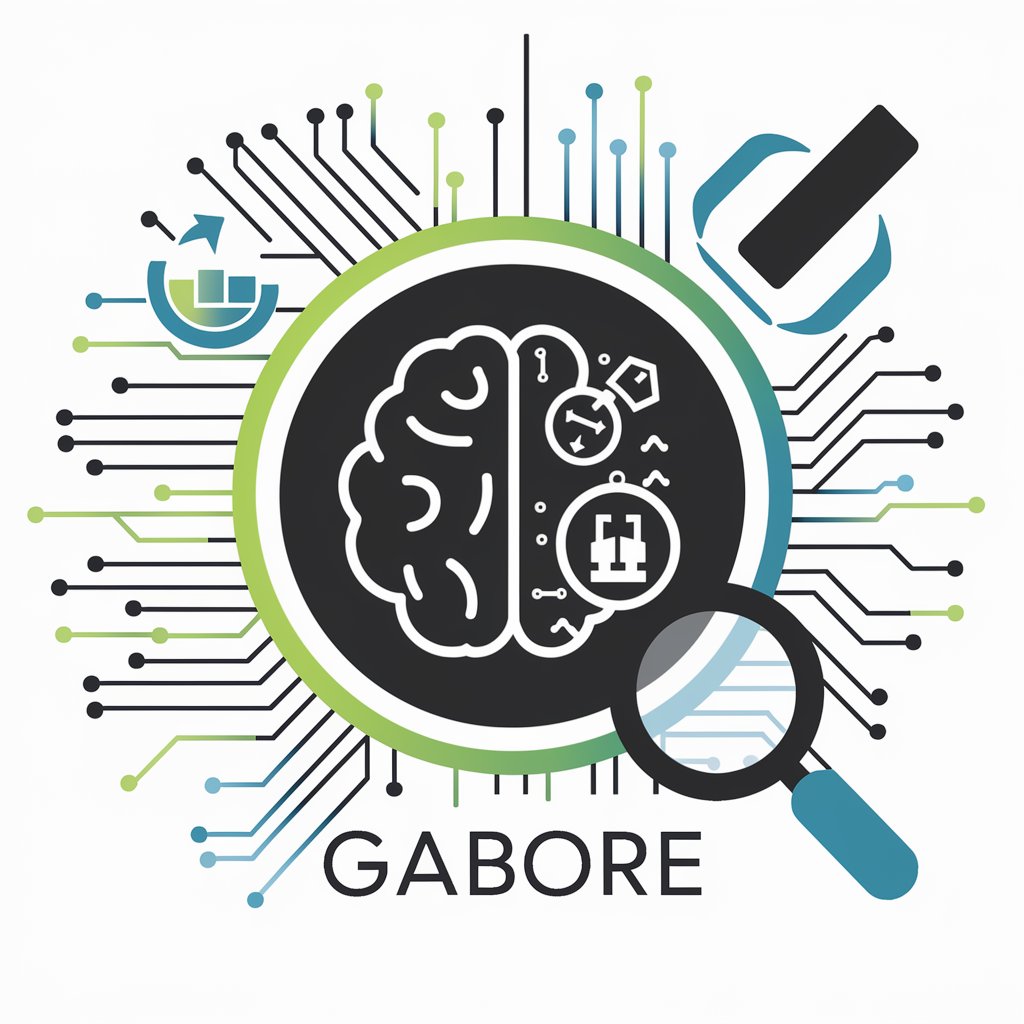
AnimateMe Avatar
Bringing Personalities to Life, AI-Powered

极简Logo设计 - 会向你解释设计理念的logo设计专家
AI-Powered, Simplified Logo Design

Swift Mentor
Empowering iOS Development with AI
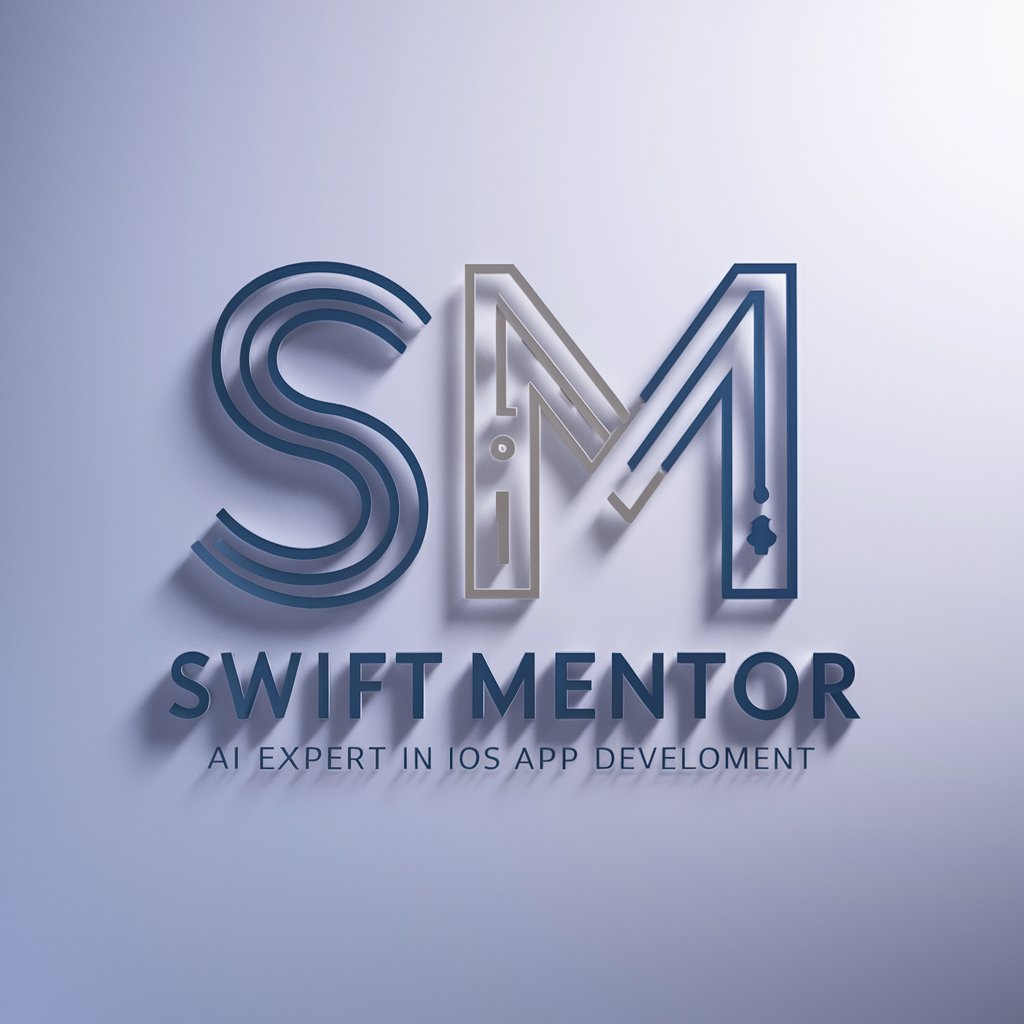
교과별세부능력작성봇
Empowering educators with AI-driven assessments.

History (cross-referenced)
Unravel history with AI-driven insights
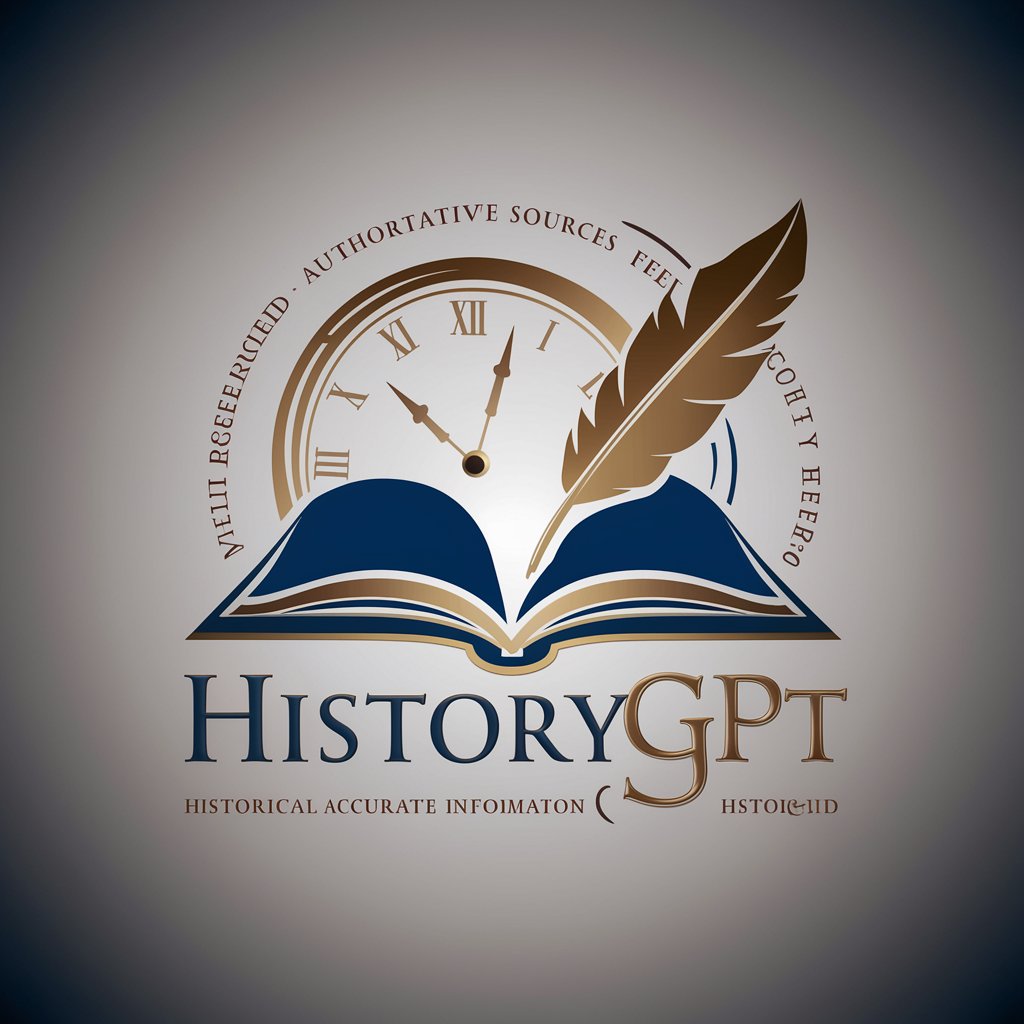
The Drupal Droid
Your AI-powered Drupal Expert

ai女友·梦瑶
Your AI-powered Dream Companion

Transcript-2-Blog
Transform transcripts into engaging blog posts effortlessly.

Medieval Historian Q&A
What time period does Medieval Historian specialize in?
Medieval Historian specializes in European medieval history, particularly from the 11th to 15th centuries, covering the English, French, German, Italian, Byzantine, and Crusader historical contexts.
Can Medieval Historian help with academic research?
Yes, Medieval Historian is designed to assist with academic research by providing detailed historical analysis, scholarly references, and insights into medieval European history.
What kind of questions can I ask Medieval Historian?
You can ask a wide range of questions related to political dynamics, cultural developments, major conflicts, and significant figures of the European Middle Ages.
How does Medieval Historian handle misconceptions in history?
Medieval Historian addresses common misconceptions by providing updated scholarly interpretations and evidence, thus offering a more accurate understanding of medieval history.
Does Medieval Historian provide sources for its information?
Yes, Medieval Historian cites key scholarly contributions, including names of scholars, article titles, and summaries of their research to support the information provided.

